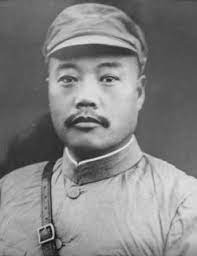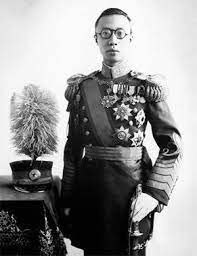T'ang Sheng-chih (31 October 1890 ?-), Hunanese militarist whose successes against Wu P'ei-fu were of major importance to the first stage of the Northern Expedition. He dominated Hupeh, Hunan, and southern Honan in 1927, and he was for a time the most powerful man in the National Government at Wuhan. His military career after 1928 […]












